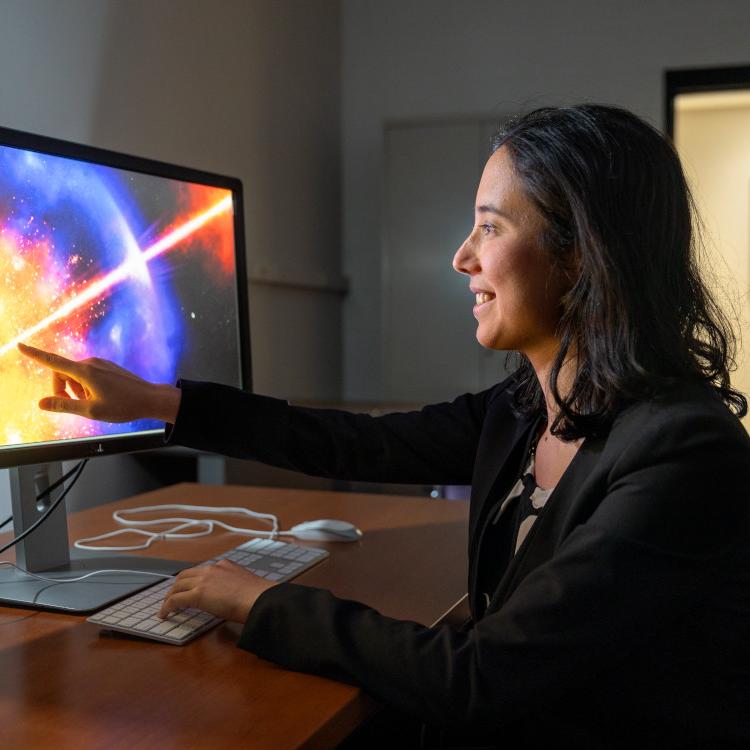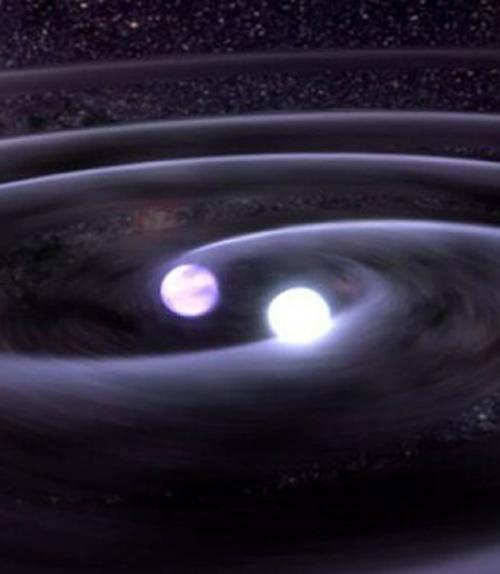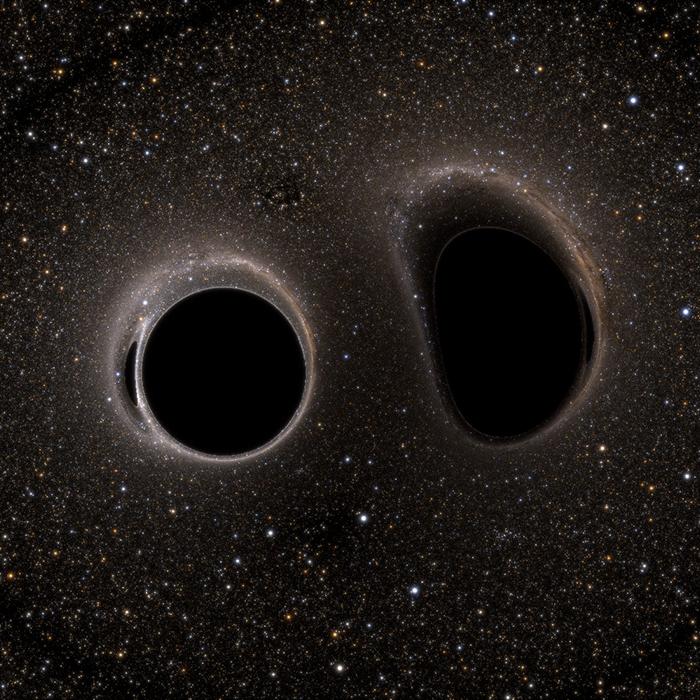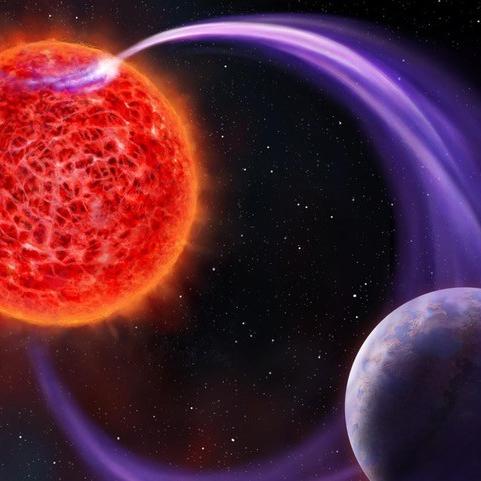
 Department Homepage
Department Homepage
Teukolsky to explore the Dark Universe in Spring Hans Bethe Lecture
Einstein predicted black holes and gravitational waves – bizarre deviations from Newton’s theory of gravity – but it took almost a century before experiments proved him right. Those experimenters won this year’s Nobel Prize in Physics, but why do gravitational waves matter? And why is the recent detection of waves from colliding neutron stars causing such a stir?



